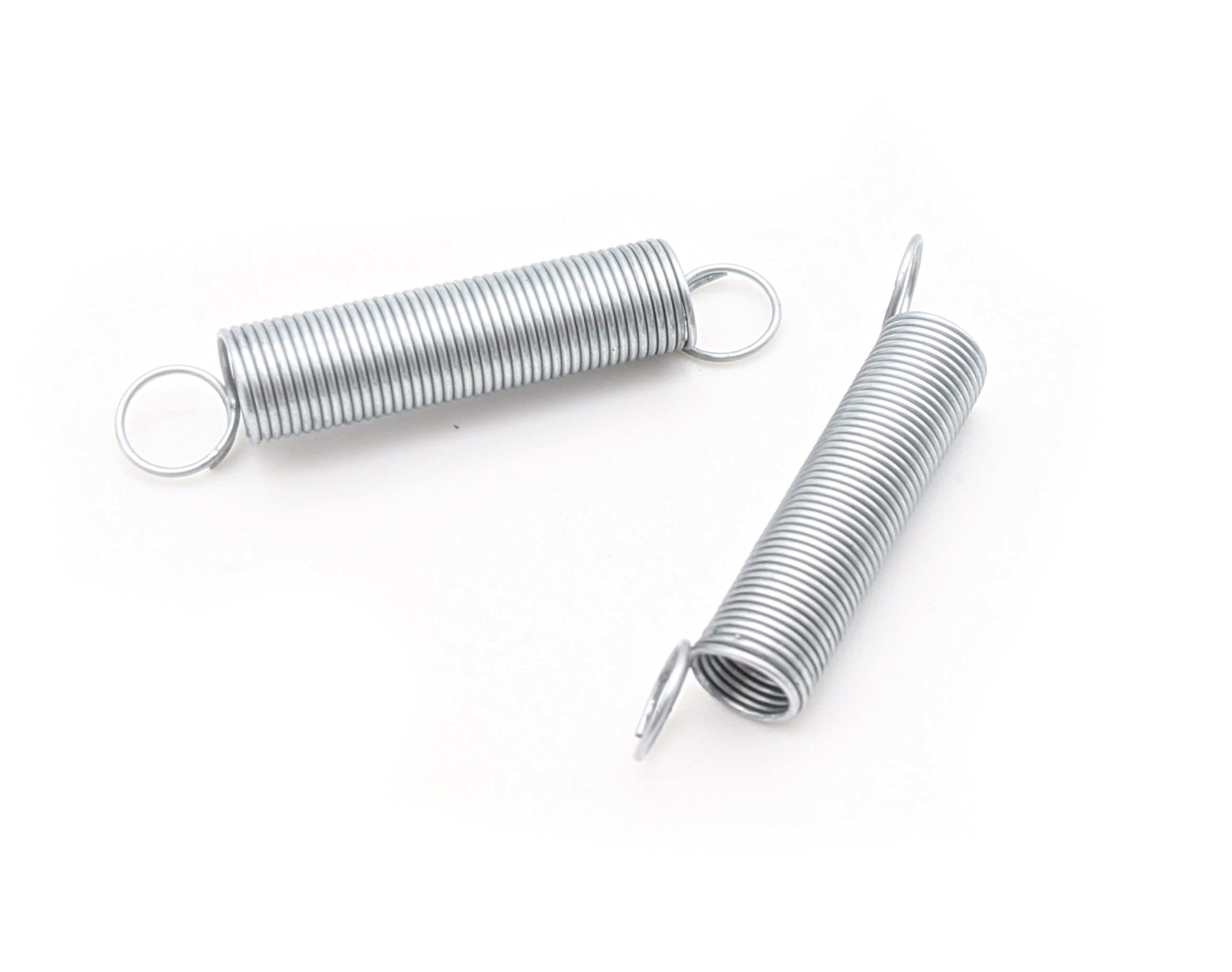Get unique, complex parts easily. No matter your requirements, Chaoyi Spring creates hard-to-produce coil springs and wire forms.
Let us help you create the custom wire form you need, from S-hooks and J-hooks to utility hooks and more.
We work closely with customers across a wide range of industries, helping them design and manufacture made-to-order parts.
Why choose Chaoyi Spring? We prioritize customer-focused collaboration, modern equipment and the latest technology to make your parts per print.
Find the information and guidance you need, from measuring a spring to learning about materials, placing an order and much more.
Choosing the right spring for your application can be a daunting task, with an array of different types available. Among these, leaf springs and coil springs are two common choices.


Choosing the right spring for your application can be a daunting task, with an array of different types available. Among these, leaf springs and coil springs are two common choices. While both serve the purpose of providing elastic force and storing energy, they differ in their design, characteristics, and applications. This article will dive deep into the world of leaf springs and coil springs, exploring their advantages, disadvantages, and ideal applications, helping you make an informed decision for your specific needs.

Leaf springs, also known as la springs, are a classic type of spring that has been used in various applications for centuries. They consist of a series of flat, curved steel strips, called leaves, that are stacked together and secured with a shackle or a center bolt. The leaves are typically made of high-strength spring steel, offering exceptional durability and resistance to fatigue.
Leaf springs offer several advantages that make them a popular choice in certain applications:
While leaf springs have several advantages, they also have a few disadvantages:
Coil springs are another common type of spring, made by winding a wire into a helical coil. They are often used in automotive suspensions, but their applications extend to various fields, including machinery, electronics, and aerospace.
Coil springs offer several advantages that make them suitable for a wide range of applications:
Coil springs also have some disadvantages:
Leaf springs are best suited for applications where:
Coil springs are ideal for applications where:
The choice between leaf springs and coil springs ultimately depends on the specific requirements of your application. If you need robust load-carrying capacity and durability, leaf springs are the way to go. However, if ride comfort, adjustability, and space constraints are more important, coil springs are the better choice.
By carefully considering the advantages and disadvantages of each type, you can make an informed decision that ensures your system functions efficiently and reliably for years to come.
Choosing the right spring type is an important aspect of any design process, ensuring optimal performance, durability, and comfort. Understanding the pros and cons of leaf springs and coil springs allows you to make an informed decision that aligns with your application's specific needs. Whether you're designing a heavy-duty truck or a comfortable passenger car, the right spring choice can make all the difference.
Browse some of the custom wire forms and springs that we manufacture. Don’t see what you need? We specialize in made-to-order products that meet your application requirements.
Visit Our GalleryNeed a custom wire form or coil spring? We make it work. Fill out the contact form and a representative will respond within 1 business day. If you have a PDF or CAD file, you can submit to request a quote.